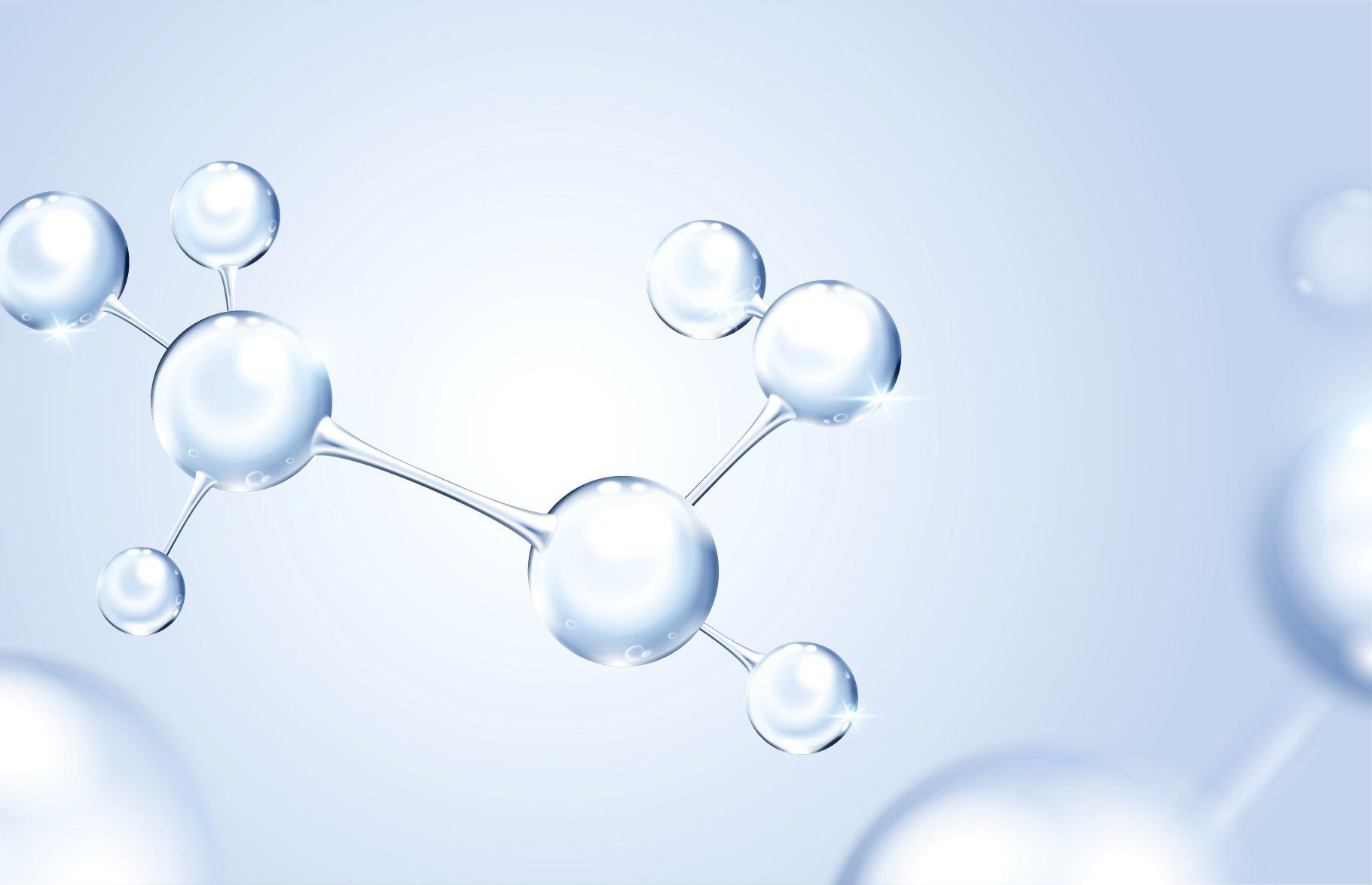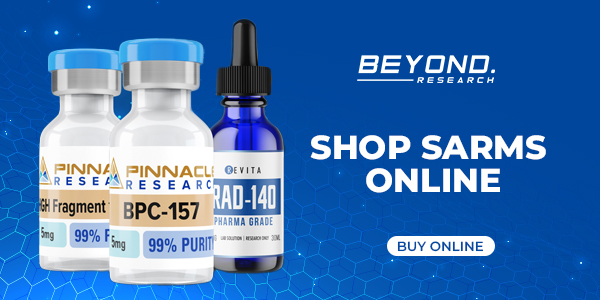What is Epitalon?
Epitalon, also known as Epithalamin or Epithalon, is a synthetic peptide derived from a naturally occurring peptide called Epithalamin, which is produced by the pineal gland. Epitalon has gained attention in recent years for its purported anti-aging and health-promoting properties. In this peptide profile, we delve into the potential benefits, mechanisms of action, and current research surrounding Epitalon.
Mechanism of Action
Epitalon is believed to influence various biological pathways and regulatory systems in the body. It primarily acts on the telomeres, which are protective structures found at the ends of chromosomes. Telomeres play a crucial role in maintaining the stability and integrity of the genetic material during cell division. With aging, telomeres gradually shorten, leading to cellular dysfunction and senescence.
Epitalon’s mechanism of action involves the activation of telomerase, an enzyme responsible for extending the length of telomeres. By stimulating telomerase activity, Epitalon may help to slow down or reverse the process of telomere shortening, promoting cellular rejuvenation and potentially delaying the aging process.
Potential Benefits and Research Findings
Anti-Aging Effects
Epitalon’s ability to promote telomere elongation has attracted attention for its potential anti-aging effects. Animal studies have shown promising results, including extended lifespan, improved healthspan, and enhanced resistance to age-related diseases.
Enhanced Immune Function
Epitalon has been reported to exert positive effects on immune function. It may enhance the activity of natural killer (NK) cells, T cells, and other components of the immune system, potentially bolstering immune response and defense mechanisms.
Neuroprotective Effects
Some research suggests that Epitalon may have neuroprotective properties. It has been found to improve cognitive function, enhance memory, and protect against neurodegenerative conditions in animal models.
Regulation of Endocrine System
Epitalon has been reported to influence the endocrine system, including the regulation of melatonin production, which is involved in sleep-wake cycles and has antioxidant properties. Additionally, Epitalon may stimulate the secretion of other hormones, such as follicle-stimulating hormone (FSH) and luteinizing hormone (LH).
Future Directions and Considerations
While preliminary research on Epitalon is promising, further studies are needed to fully understand its potential benefits, optimal dosages, and long-term safety. Human clinical trials are still limited, and more research is necessary to evaluate its efficacy in humans, particularly in relation to anti-aging effects and age-related diseases.
It is essential to note that Epitalon should not be considered a magic solution for eternal youth or as a substitute for a healthy lifestyle. A holistic approach that includes a balanced diet, regular exercise, stress management, and adequate sleep remains crucial for overall well-being and healthy aging.
Epitalon, a synthetic peptide with its roots in Epithalamin, holds promise for its potential anti-aging and health benefits. Its influence on telomeres and activation of telomerase has garnered attention in the field of longevity and age-related research. However, further studies are required to solidify the understanding of Epitalon’s mechanisms of action, optimal usage, and long-term effects. As with any peptide or therapeutic intervention, consulting with a healthcare professional is essential before considering the use of Epitalon to ensure personalized guidance and informed decision-making.









